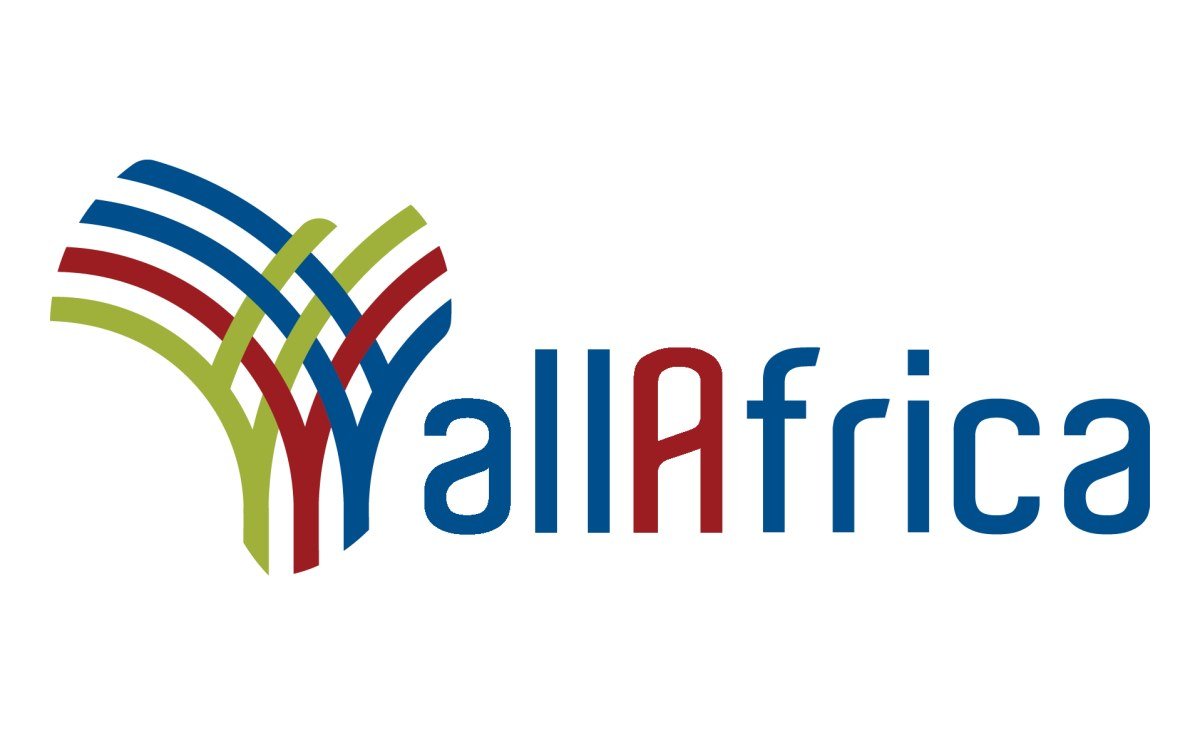Burkina Faso Opens Borders with Visa Fee Waiver for African Travellers
Burkina Faso is waiving visa charges for travellers from across Africa, signalling a stronger drive for open borders and freer trade within the continent. According to Security Minister Mahamadou Sana, citizens of African countries will no longer pay for entry permits. Travellers must still complete an online application, which will be screened before entry. By introducing this policy, Burkina Faso follows the example of Ghana, Rwanda and Kenya, which have also lowered barriers to movement. Citizens of neighbouring West African nations already enjoy visa-free entry, although this could change as Burkina Faso — together with Mali and Niger — has exited the ECOWAS regional bloc under military-led governments.
Nigeria’s Resident Doctors Pause Strike Action After Government Assurances
Nigeria’s resident doctors have temporarily ended their two-day industrial action after assurances from the federal government that key demands will be met. The strike had left public tertiary hospitals short-staffed, with consultants and other personnel handling the workload. The doctors’ association (NARD) has been pressing for the immediate release of the 2025 Medical Residency Training Fund and payment of five months of salary arrears under the revised Consolidated Medical Salary Structure. Leaders cited the country’s harsh economic conditions in deciding to pause the strike but warned that unresolved issues — particularly at the state level — could spark renewed protests.
UN Court Sides with France in High-Profile Equatorial Guinea Property Case
France has won a significant legal battle at the International Court of Justice (ICJ) over a mansion in Paris linked to Equatorial Guinea’s Vice President Teodoro Nguema Obiang Mangue, son of the long-time ruler Teodoro Obiang Nguema Mbasogo. Equatorial Guinea brought the case in 2022, alleging France had violated international law by retaining the Avenue Foch property seized during a corruption investigation. The judges ruled that the country did not prove a legitimate diplomatic status for the residence, which had been confiscated in 2021 after Obiang was convicted of embezzling public funds. The property — which includes luxury amenities such as a private cinema, a nightclub and a hammam — was seized alongside high-end cars, underscoring the contrast between Obiang’s wealth and the poverty faced by many citizens.
Severe Flooding Forces Mass Displacement in South Sudan
Flooding across South Sudan has displaced more than 100,000 people from their homes in Jonglei, Upper Nile and Unity states, the UN Refugee Agency (UNHCR) reports. If the rains persist, the number of displaced could quadruple by the end of the year, surpassing 2024 levels. The deluge has washed away homes, schools and farmland, wiped out livestock and weakened water supplies, heightening health risks amid an ongoing cholera outbreak. Limited access to clean water, combined with stagnant pools left by flooding, is fuelling fears of further disease. By late August more than 12,000 internally displaced people and 3,100 refugees had been affected. UNHCR has appealed for further support, noting it has secured only a third of the nearly $300 million needed to help affected communities as of 31 July. In a related effort, the UN Office for Project Services (UNOPS) has launched a $9.9 million Climate Resilience Project with South Sudan’s Ministry of Water Resources to strengthen defences against future disasters.


